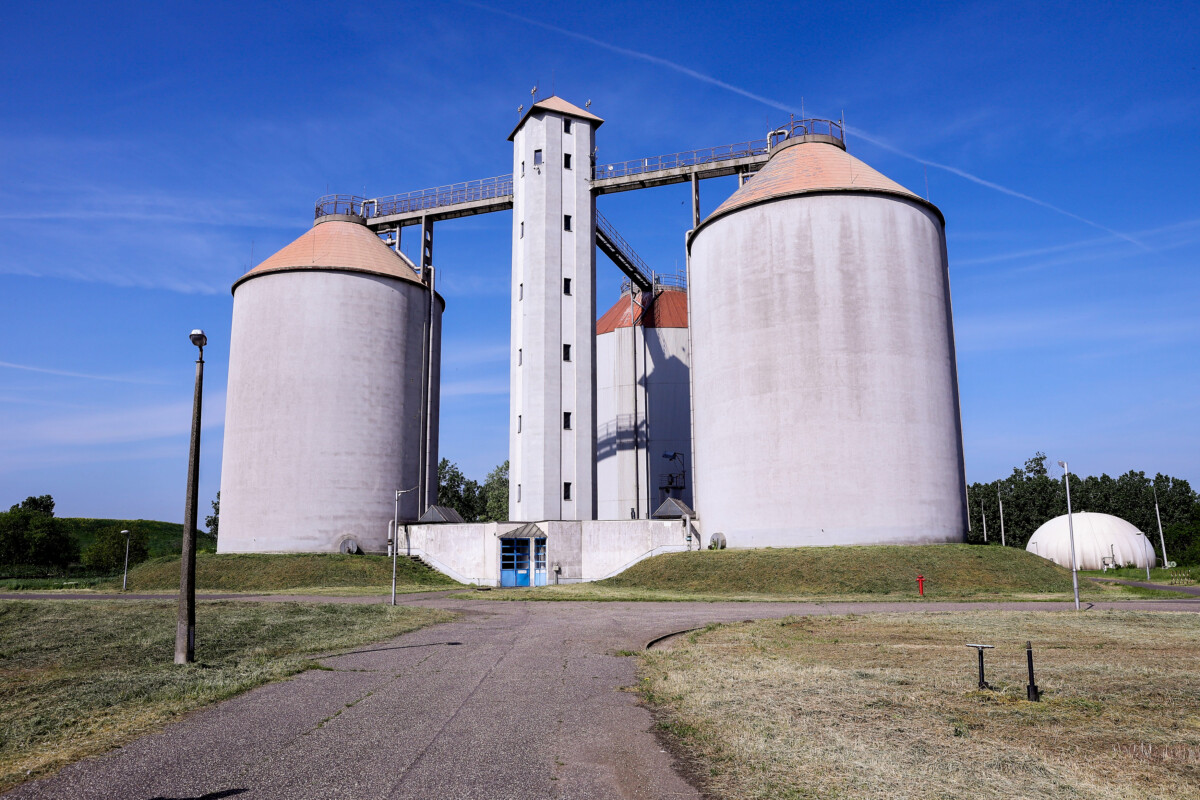Based on the government decisions published in the Magyar Közlöny of April 28, 2023, the expansion of Debrecen’s water network and the further development of railway line 108 can be implemented, which affect both industrial areas and the population. Mayor László Papp, Member of Parliament Lajos Kósa, and Ferenc Gorján, CEO of Debreceni Vízmű Zrt.
Between 2023 and 2026, infrastructure development worth HUF 174.5 billion can be implemented in Debrecen in several phases, according to the government’s decision.
Investments can be divided into two areas. The larger HUF 108.8 billion programs expands the city’s water utility infrastructure and the surrounding economic zones. Its elements are the following:
– the construction of a pipeline for the sewage drainage of the Southern Economic Zone
– preparation of implementation plans for the development of the urban drinking water network and water bases
– the development of the urban wastewater network and wastewater treatment plant, including the expansion of the capacity of industrial wastewater treatment
– capacity expansion at the Balmazújváros water treatment plant belonging to the Keleti Főkanalé, enabling greater use of gray water in the economic zones
– construction of a capacity-expanding sewage pipeline in the Northwestern Economic Zone
Mayor László Papp emphasized: these developments have industrial and economic aspects related to the industrial areas, and they also have residential elements.
“Striving for balance, we have always taken the position – and we asked the government for this too – that we should not only talk about economic-focused water utility development or development in general, but also about those that make the lives of the city’s citizens better, more predictable, and easier,” he said.
Thanks to the capacity expansions and new pipelines, the necessary technology will be provided in the South and North-West Economic Zones to ensure that the amount of gray water required by the companies is available. The water supply and security of supply in the eastern part of the city, which directly affects the population, will improve significantly with the development of water plants. Debreceni Vízmű Zrt can raise the water supply to the developing districts, such as Biczó István kert, the residential areas planned on both sides of Vágóhíd utca, and Bánk, as well as the agglomeration settlements – Sámsonkert, Hajdúsámson. In addition, the planning of the renovation of the Fényes udari water tower is also part of the project. to the program.
The other project, worth nearly HUF 66 billion, includes the railway infrastructure development of the Northwestern Economic Belt. The first phase of this will be completed by the end of 2023. In the framework of the second phase, railway line number 108 will be further modernized, including the electrification of the section between Debrecen and Balmazújváros. László Papp also spoke about the importance of this.
“Between the two cities is one of the largest economic zones in Eastern Hungary. This development, the electrification of the line, is essential in terms of labor flow, which is also significant from the point of view of the Debrecen economy. This is the first severe suburban railway development affecting Debrecen.” he added.
Member of Parliament Lajos Kósa added: Debrecen is particularly rich in aquifers, but this reserve must be protected.
“If possible, it should be replaced. The water utility service, systems, and sewerage must be developed, and then we will be able to say for the next twenty, thirty, and forty years that we will leave the same water resources to our descendants as we received from our predecessors. If we do this, Debrecen’s water supply will be guaranteed for many hundreds of years,” said the representative.
Ferenc Gorján, the general manager of Debreceni Vízmű Zrt., emphasized that in the adopted concept, the security of supply for the population comes first.
Ferenc Gorján concluded the press conference: “We can renew the main works and establish new ones that will lay the foundation for the safe supply of the city for the next hundred years, through multi-directional feeding in the case of the drinking water network, drainage without spillage in the case of wastewater, and the construction of circular pipelines.”
Debrecen City Hall


















